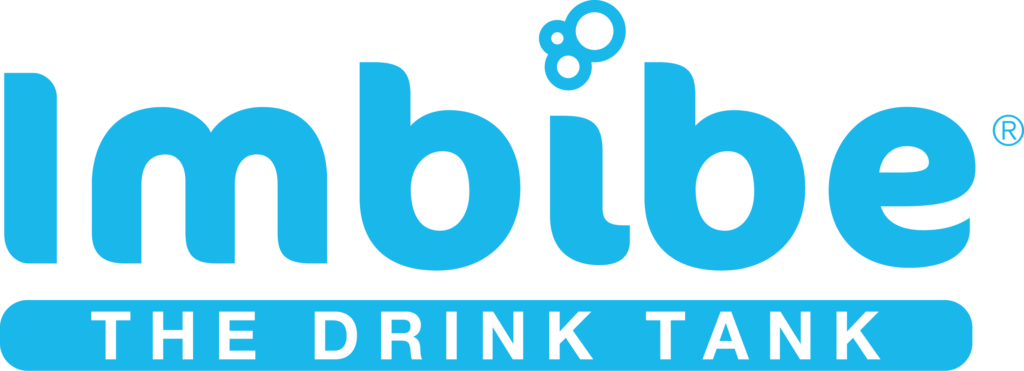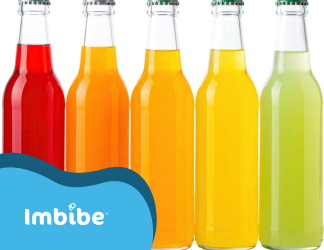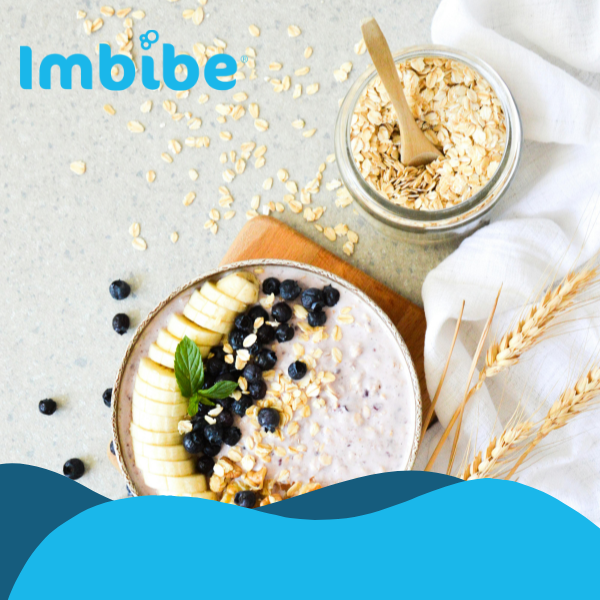 Clean label is a term we hear a lot in the food and beverage industry. We know it’s a consumer value, however, its definition is a moving target because it’s based on consumer perception and opinion. One element that some consumers agree on is that non-GMO ingredients are necessary for a product to be considered clean label. Additionally, a survey by Health Focus International found that 87% of consumers think non-GMO is healthier, and Nielsen reports that Millennials and Generation X-ers are more likely to seek out and purchase products if they are free of GMOs.
Clean label is a term we hear a lot in the food and beverage industry. We know it’s a consumer value, however, its definition is a moving target because it’s based on consumer perception and opinion. One element that some consumers agree on is that non-GMO ingredients are necessary for a product to be considered clean label. Additionally, a survey by Health Focus International found that 87% of consumers think non-GMO is healthier, and Nielsen reports that Millennials and Generation X-ers are more likely to seek out and purchase products if they are free of GMOs.
If you’re developing a non-GMO product, here are some key considerations:
The FDA – Like clean label, there is currently no FDA definition for non-GMO. Therefore, no FDA certification is required to make a non-GMO claim. However, we wouldn’t recommend making a claim without doing your due diligence first. To make a non-GMO product claim, all raw materials used to develop a product should be free of any genetically modified ingredients.
Non-GMO Project Verified – This is a certification you see on many products that don’t contain genetically modified ingredients. Obtaining the Non-GMO Project Verified badge is done through the Non-GMO Project, a non-profit organization that connects manufacturers with certifying agencies for a fee. These agencies have identified a standard for non-GMO products and will review each ingredient, source and supply chain to certify an ingredient (like a flavor) or a finished product doesn’t contain GMOs.
Sourcing Ingredients – Some ingredients can be more difficult to source in the U.S. For example, 90% of corn grown in the U.S. is genetically modified, so corn-based raw materials and ingredients that are non-GMO often come from Europe or an organic farm in the U.S. (the USDA states that use of genetic engineering, or GMOs, is prohibited in organic products). Additionally, demand for certain non-GMO ingredients is not yet high enough to warrant the cost & challenges of producing them. . In addition to being cost-prohibitive, it can also create longer than usual lead times.
If you have additional questions about developing a product with non-GMO ingredients, email us at thedrinktank@imbibeinc.com to talk to our beverage experts.



